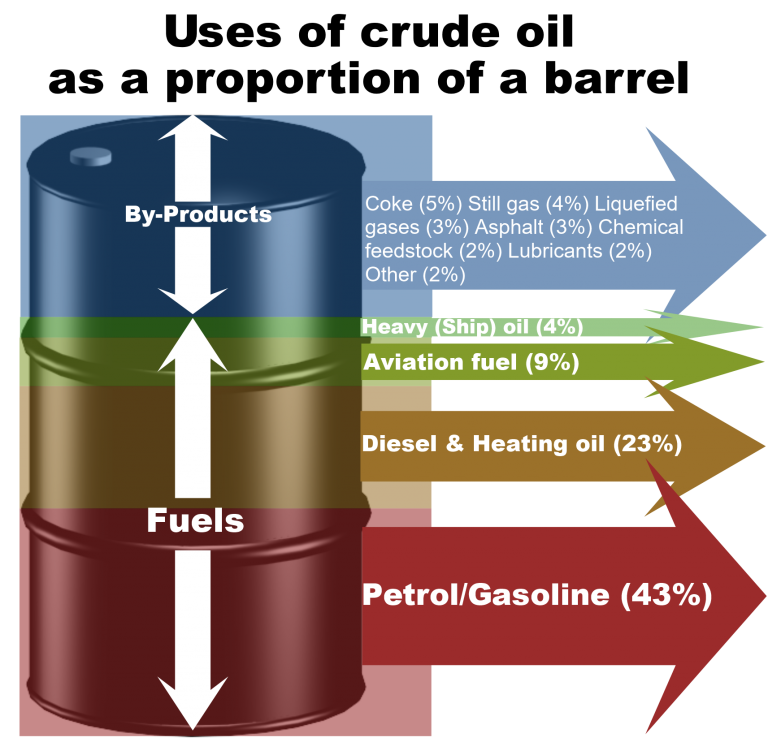Glass half full vs glass half empty! Things we could do do reduce consumption:
- better insulated homes
- put on thermals
- improve heating and ventilation controls
- improve public transport
- reduce travel by more local schools, hospitals, etc
- drive smaller cars
Things we could do to modify demand to help match variable "green" capacity:
- back up generators in industry
- hydrogen production and storage to be used when demand exceeds supply
- water or weights falling
- web connected home appliance which only switch on if supply is there
- integrate EVs into power supply network
Things that are profoundly daft:
- dig up coal, burn it, then put it back into the ground (at great cost)
- assume that when oil and gas run low, a solution will somehow present itsself
Things that we have a choice over:
- nuclear power providing a base load - green until it leaks
- offshore/onshore wind - offshore is more expensive but less intrusive
If unconcerned about the future because you don't care, are soon going to a (well equipped, Festool decorarted) heavenly workshop, are happy to leave future generations to their fate, you've wasted two minutes reading this!
We need an intelligent debate, not preconceived biases. There is no perfect solution, only compromises. Delay and prevaricate will not (unsurprisingly) speed things up.





